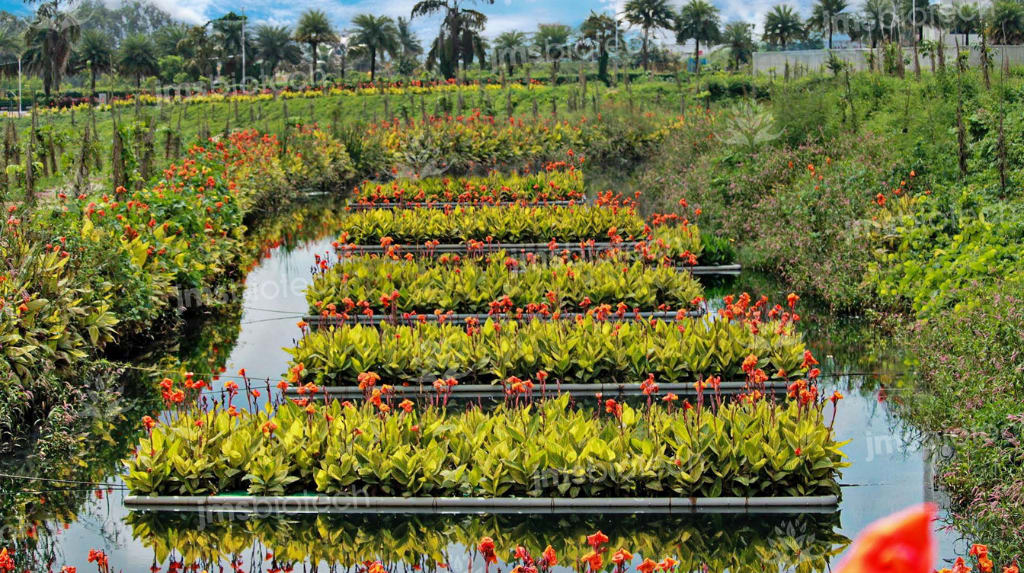
Enchanting Floating Gardens: A Waterborne Symphony of Nature's Delight:
Introduction:
Gardening is a tapestry woven by the hands of nature enthusiasts, painters of life's vibrant hues, and composers of harmonious landscapes. Today, dear readers, let us embark on a captivating journey into a realm where terra firma and aqueous wonder collide – the world of floating gardens. In this aquatic ballet, we shall explore the beauty, versatility, and ecological significance of these ethereal creations that have been captivating hearts for centuries.
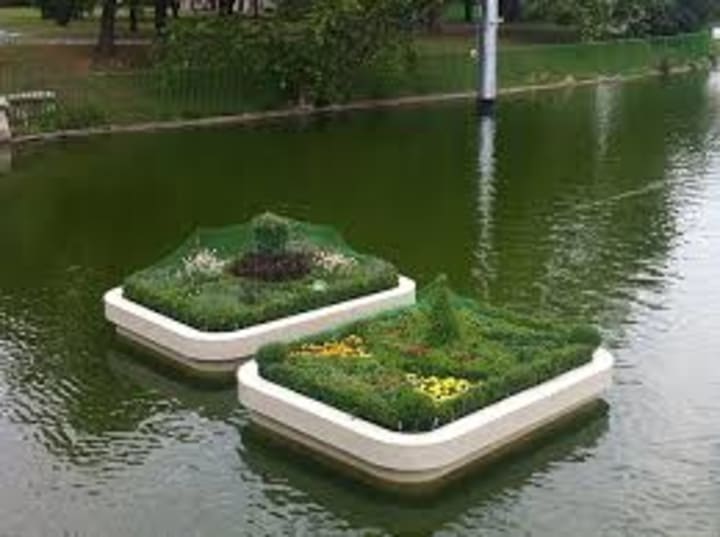
The Dance of Floating Gardens:
As we sail upon the waters of exploration, envision a scene that combines Monet's water lilies with the precision of a skilled horticulturist. Floating gardens, also known as aquatic gardens, are a harmonious blend of botanical beauty and aquatic serenity. Imagine vibrant petals gently resting upon still waters, as if suspended between the heavens and the deep. These gardens are not only a visual spectacle but also an artistic endeavor that melds plant life with water's fluidity.
The Origins and Cultural Significance:
The origins of floating gardens are as diverse as the aquatic ecosystems they inhabit. One cannot explore the realm of floating gardens without delving into the history of the renowned floating gardens of Xochimilco in Mexico, once a focal point of the Aztec civilization. These "chinampas" are legendary, serving as a historical testament to human ingenuity and coexistence with nature. From ancient civilizations to modern-day enthusiasts, the allure of floating gardens transcends time, cultural boundaries, and geographical limitations.
Planting the Waters: A Symphony of Flora:
The heart of every floating garden is the flora it cradles. Water lilies, lotuses, water hyacinths, and colorful aquatic grasses are the artists that paint this aqueous canvas. Their roots dangle beneath, trailing like mystical tendrils into the watery abyss, drawing nutrients from the depths and purifying the surrounding waters. The leaves, like nature's brushes, create exquisite patterns that mirror the skies above, while blossoms emerge like jewels, catching the sun's rays in a spectacular dance.
Creating Your Own Waterborne Haven:
You might ask, "Can I create my own floating garden?" Indeed, dear reader, the answer is a resounding yes! Crafting your aquatic Eden need not be daunting. With a spirit of adventure and a dash of creativity, even the most novice gardener can embark on this endeavor. Select a container – it could be as simple as a wooden crate or as elaborate as a repurposed rowboat. Line it with a waterproof material to retain water, add a layer of well-composted soil, and gently place your chosen aquatic plants. Voilà! You've embarked on your own floating garden journey.
Ecological Balance and Benefits:
Beyond their aesthetic charm, floating gardens contribute to the ecological equilibrium of their surroundings. These gardens act as natural filters, absorbing excess nutrients and impurities from the water, thereby aiding in water purification. The root systems of aquatic plants provide habitat and shelter for various aquatic organisms, fostering a balanced ecosystem. In urban environments, floating gardens can play a vital role in mitigating stormwater runoff, reducing erosion, and enhancing water quality.
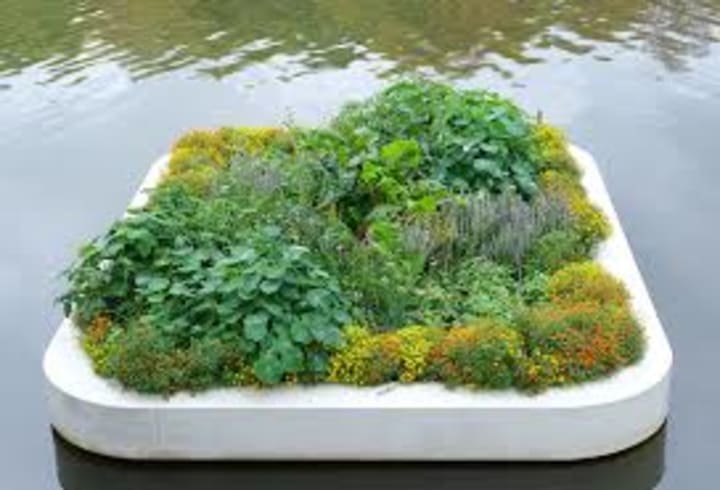
Cultivating Serenity in a Hectic World:
In a world brimming with hustle and bustle, floating gardens offer an oasis of tranquility. Picture a sunlit afternoon spent beside the water's edge, watching dragonflies dart and ripples dance. The gentle rustling of leaves and the occasional splash of a fish create a symphony of serenity, inviting mindfulness and contemplation. Whether you are nurturing your own floating garden or simply relishing in its beauty, these watery paradises offer an escape from the chaos of modern life.
Preserving Floating Garden Legacies:
As guardians of these aquatic realms, it is our duty to ensure their longevity. In a time when ecosystems face unprecedented challenges, the conservation of floating gardens becomes crucial. Supporting local initiatives that aim to restore and protect natural water bodies is a step toward safeguarding these enchanting habitats for generations to come.
Conclusion:
Dear readers, our journey into the realm of floating gardens draws to a close, but the echoes of their beauty and significance will linger in our hearts. The dance of petals on still waters, the ecological harmony they foster, and the serenity they bestow are all testaments to the magical union of nature and human creativity. As we embrace the legacy of floating gardens, let us also remember that in every petal and ripple, we find a symphony that transcends the limitations of soil and sky, inviting us to cultivate our own dreams upon the waters of possibility.
The Plants That Will Disappear First in a Crisis:
Our world is unpredictable, and certain plants will become increasingly scarce when crisis strikes. These crucial botanicals are the first to vanish from the shelves, leaving those unprepared at a grave disadvantage. However, you can take control of your fate by securing your Medicinal Garden Kit today. Don't Forget to Read my blog in Detail on Fitness Digiera
About the Creator
Shail
."Cultivating a deep love for nature, I find solace and joy in the world of gardening. As a seasoned gardening expert, I've embarked on a journey to share my passion by providing valuable tips and insights into the diverse realm of gardens.

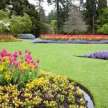
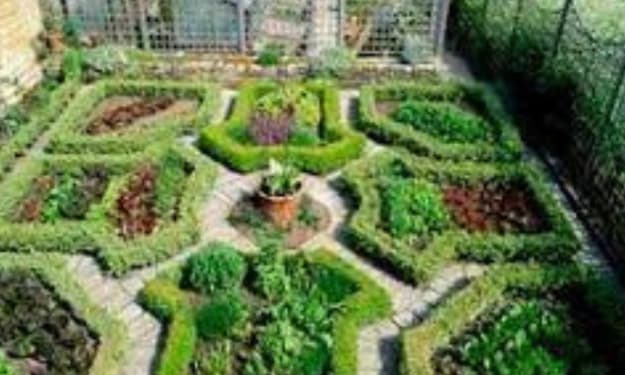



Comments
There are no comments for this story
Be the first to respond and start the conversation.